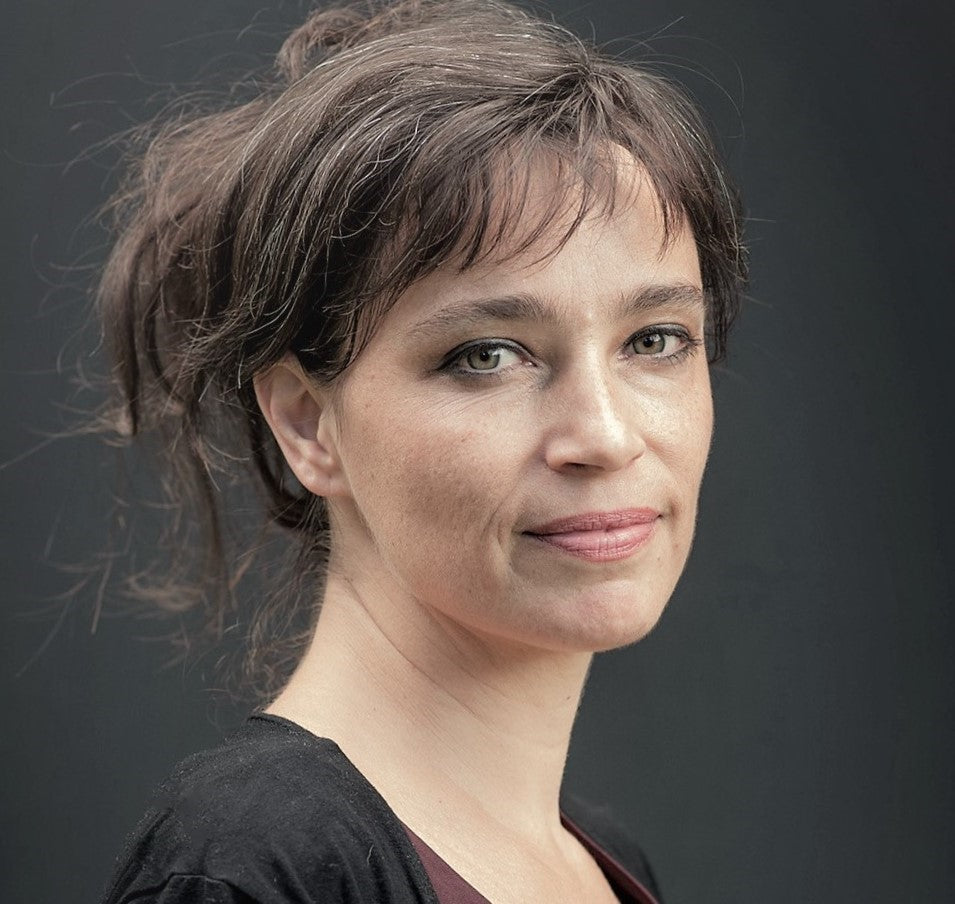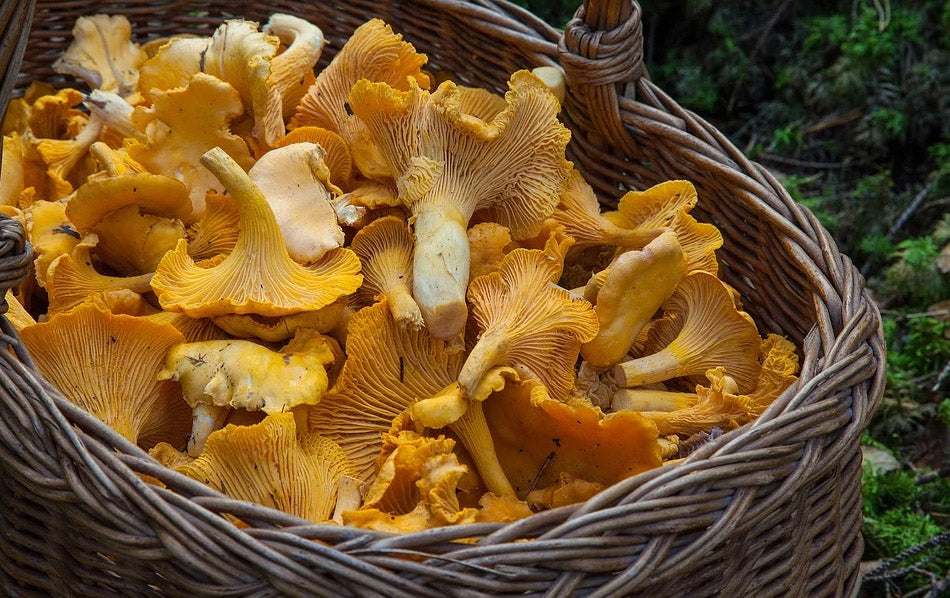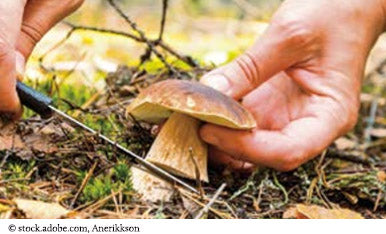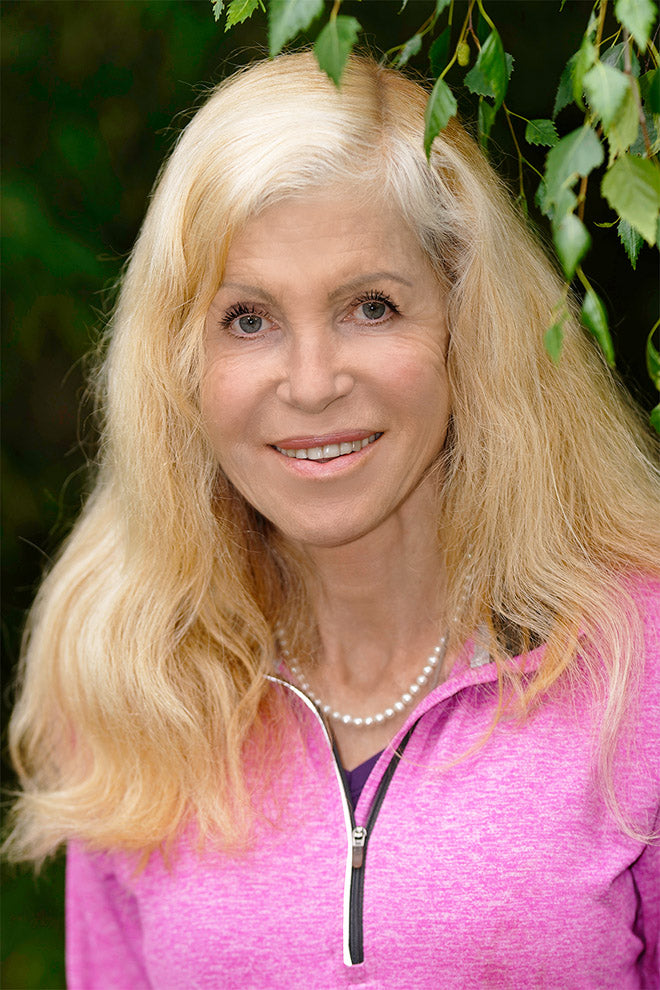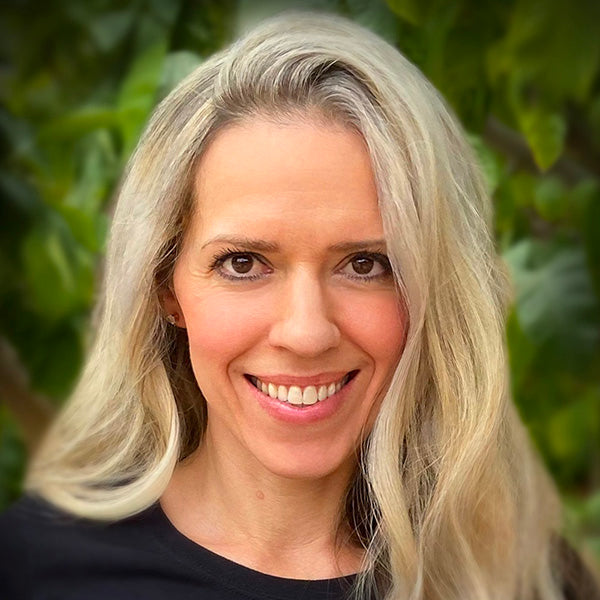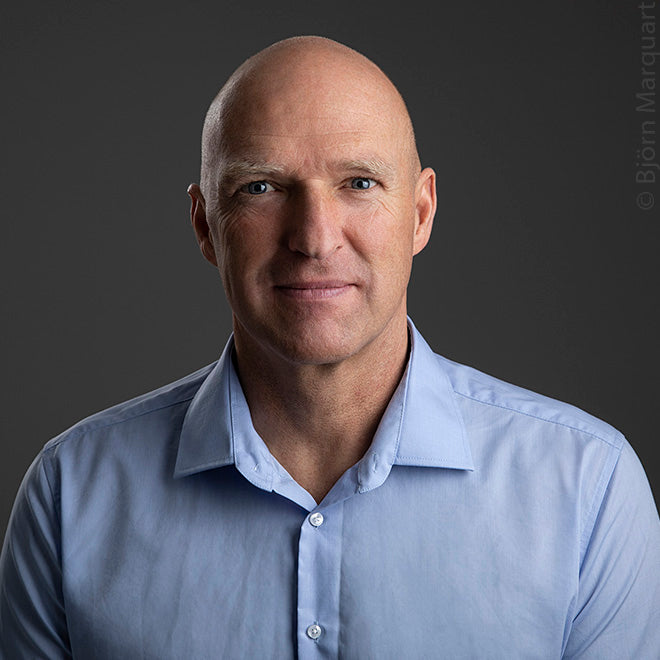
“Free yourself from blocking unconscious feelings of guilt!” – Interview with alternative practitioner Ulrich Kohler, founder of LösUS therapy
“Free yourself from blocking unconscious feelings of guilt!” – Interview with alternative practitioner Ulrich Kohler, founder of LösUS therapy
“Unconscious guilt can always arise when a perceived suffering cannot be comforted, alleviated or healed.” In an interview, the experienced and successful Weilheim therapist and author Ulrich Kohler (“ This guilt is not mine ”) talks about the widespread phenomenon of “unconscious guilt,” about its effects on the body and psyche – and about how one can free oneself from such feelings of guilt.
The theme of guilt not only shapes all religions in the world, but also affects almost every human being. Where does this human fixation on “guilt and atonement” or reparation come from?
Ulrich Kohler: I believe that "guilt" has developed its enormous weight over many thousands of generations up to the present day because, in the worst case, its presence can lead to exclusion from our survival community, our "tribe". This exclusion was a certain death sentence for long periods of our development. And even today, exclusion from our community is like a social and emotional death sentence. Atonement, reparation - as the voluntary or forced compensation for guilt - is the means of overcoming this exclusion. Reparation therefore has a highly effective social survival function. In the context of LösUS, we speak here of the four "unconscious mechanisms of reparation".
You have been dealing with the topic of unconscious guilt for many years. What prompted you to do this, and how does unconscious guilt differ from the usual understanding of guilt?
Kohler: The difference between guilt in general and unconscious guilt is essentially that general guilt is a conscious process, whereas, as the name suggests, unconscious guilt is a highly unconscious process. In fact, it was only when I became more concerned with my own unconscious guilt and became increasingly free from it that I realized how incredibly guilty I had felt before. Even today, I wonder how I was able to endure it for so many years. From today's perspective, my life until I was almost in my mid-forties was like wading through unconscious guilt. In various areas of life, I experienced seemingly insurmountable difficulties. At my personal lowest point, I was completely overwhelmed and overwhelmed by a sudden heaviness and emptiness. In this state, I listened within. The first liberating sentences about unconscious guilt arose in me. Without being aware of it at the time, this was the beginning of the recognition of unconscious guilt and the development of LösUS.
What causes unconscious guilt and what effects can it have on the body and psyche?
Kohler: Unconscious guilt can always arise when a perceived suffering, in another being or in myself, cannot be comforted, alleviated or healed. From our phylogenetically shaped desire for belonging mentioned above, we carry a deep need within us to alleviate or heal any suffering. Since this is rarely possible for us, powerful mechanisms of "reparation" set in within us. These lead to us holding on to stressful feelings and, for example, sabotaging or punishing ourselves, trying to help to the point of self-denial and denying ourselves happiness and fulfillment. This constant, unconscious "survival stress" shapes our thoughts, feelings, perceptions, desires and actions completely unnoticed; it leaves deep traces in our life path, our physical health and our mental and emotional state.
From your own experiences and many years of practice, you have developed a method that frees you from unconscious feelings of guilt and stressful emotions. What is special about LösUS®?
Kohler: LösUS is able to find and resolve the deepest and most unconscious feelings of guilt. This process is carried out completely independently by the person concerned, with the continuous support of the trained LösUS practitioner. A particularly wonderful and specific feature for me is that we receive immediate feedback on the appropriateness and effectiveness of the removal of unconscious guilt. We can therefore see in "real time" which processes are running and what progress is being made. In addition, with LösUS we can find solutions that cannot be achieved with any other tool. In almost every session, we succeed in specifically resolving a specific issue and the associated stressful emotions. Let us be aware: If conscious feelings of guilt are very important to us, then unconscious feelings of guilt are even more important. LösUS provides the liberating approach for this and is without a doubt an incredibly effective and valuable tool for personal liberation and self-forgiveness.
You differentiate between the LösUS® technique for self-users and the LösUS® therapy for professional users. How do you know when the technique is no longer sufficient and therapy is necessary?
Kohler: The LösUS technique for self-users is primarily applicable when the suffering to be resolved is immediately present and tangible. This can be the case, for example, when one is experiencing or has just experienced suffering that cannot be alleviated, healed or consoled, such as a car accident, an illness or a serious stroke of fate.
LösUS therapy, carried out by a trained LösUS practitioner, is needed when the first step is to find the underlying unhealed suffering. This unhealed suffering may have occurred a long time ago, for example in childhood, infancy, around birth, during pregnancy or even long before conception. Unconscious guilt is hereditary, as epigenetics already assumes for other traumas. In order to penetrate to such depths and then to be able to resolve the massive emotional burdens that often arise there safely, thoroughly, comprehensively and sustainably, a well-trained and experienced specialist is needed - the LösUS practitioner.
Which groups of people or professions are particularly susceptible to unconscious feelings of guilt?
Kohler: There are so many different voluntary or professional fields in which people are more or less constantly confronted with the suffering of other people: paramedics, nurses, intensive care nurses, alternative practitioners, doctors, hospice workers, family constellation workers, mountain and water rescue workers, police officers, members of the protection force, firefighters, THW employees, consultants in social areas, etc. Of course, it is precisely these activities that are predestined for the emergence of unconscious guilt in the face of the suffering of others.
Your book is not just meant to be a guide, but rather a guide to self-liberation. How do you understand this claim and how do you assess the further development of the LösUS® method?
Kohler: Since we all carry the foundations for the development of unconscious guilt within us, I think it makes a lot of sense if everyone knows the way to solve it and can apply it to themselves. That is my vision. Unconscious guilt affects us all, and so far, all the people I have been able to introduce this idea to have grasped the essence of unconscious guilt right away and intuitively. I am firmly convinced that LösUS will find its way into the world in no time.
Book tip:
Ulrich Kohler: This guilt is not mine . How unconscious feelings of guilt shape our lives and how we can free ourselves from them. With numerous case studies and instructions for the LösUS® technique. Mankau Verlag, 1st edition September 2023, paperback, 13.5 x 21.5 cm, 318 pages, 22.00 euros (D) | 22.70 euros (A), ISBN 978-3-86374-700-8
Link recommendations:
More information about the book “This guilt is not mine”
To the reading sample in PDF format
More about author Ulrich Kohler
Our social networks – for questions, criticism, suggestions
